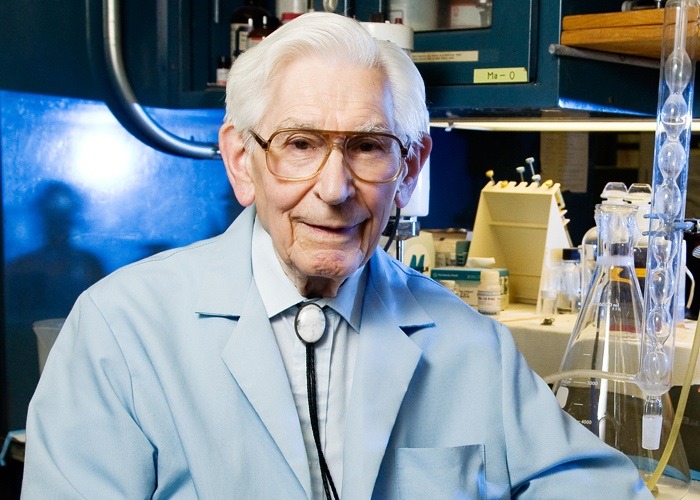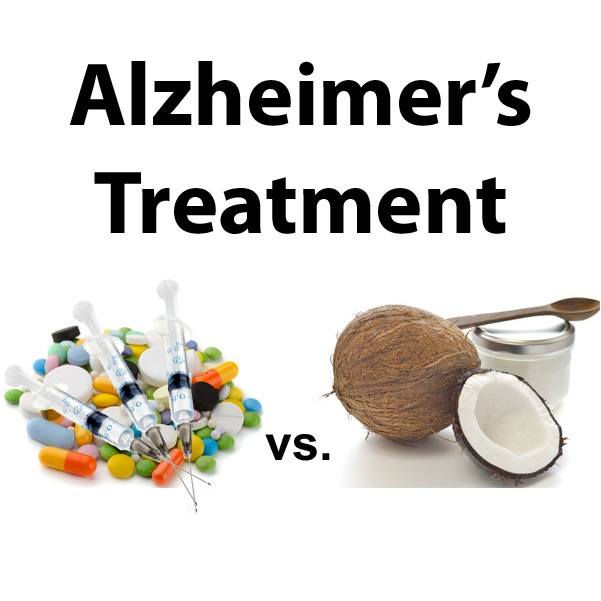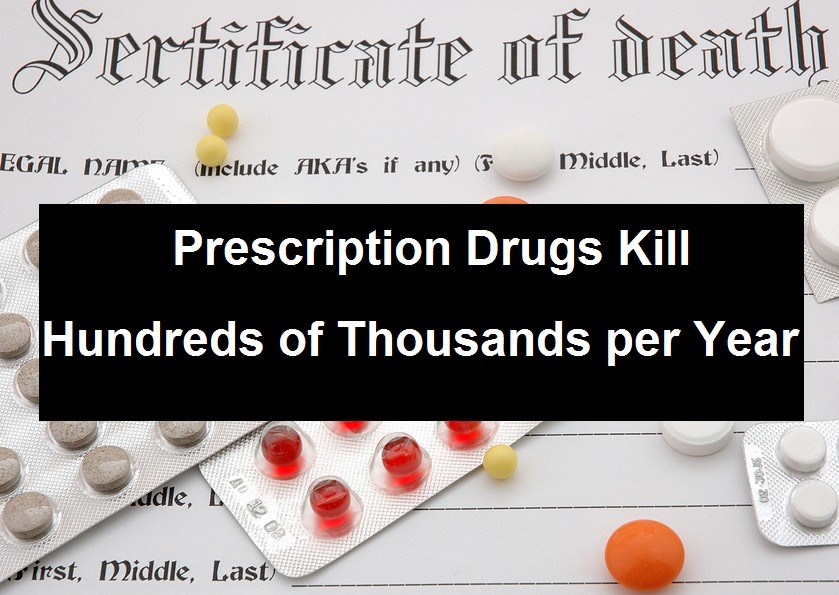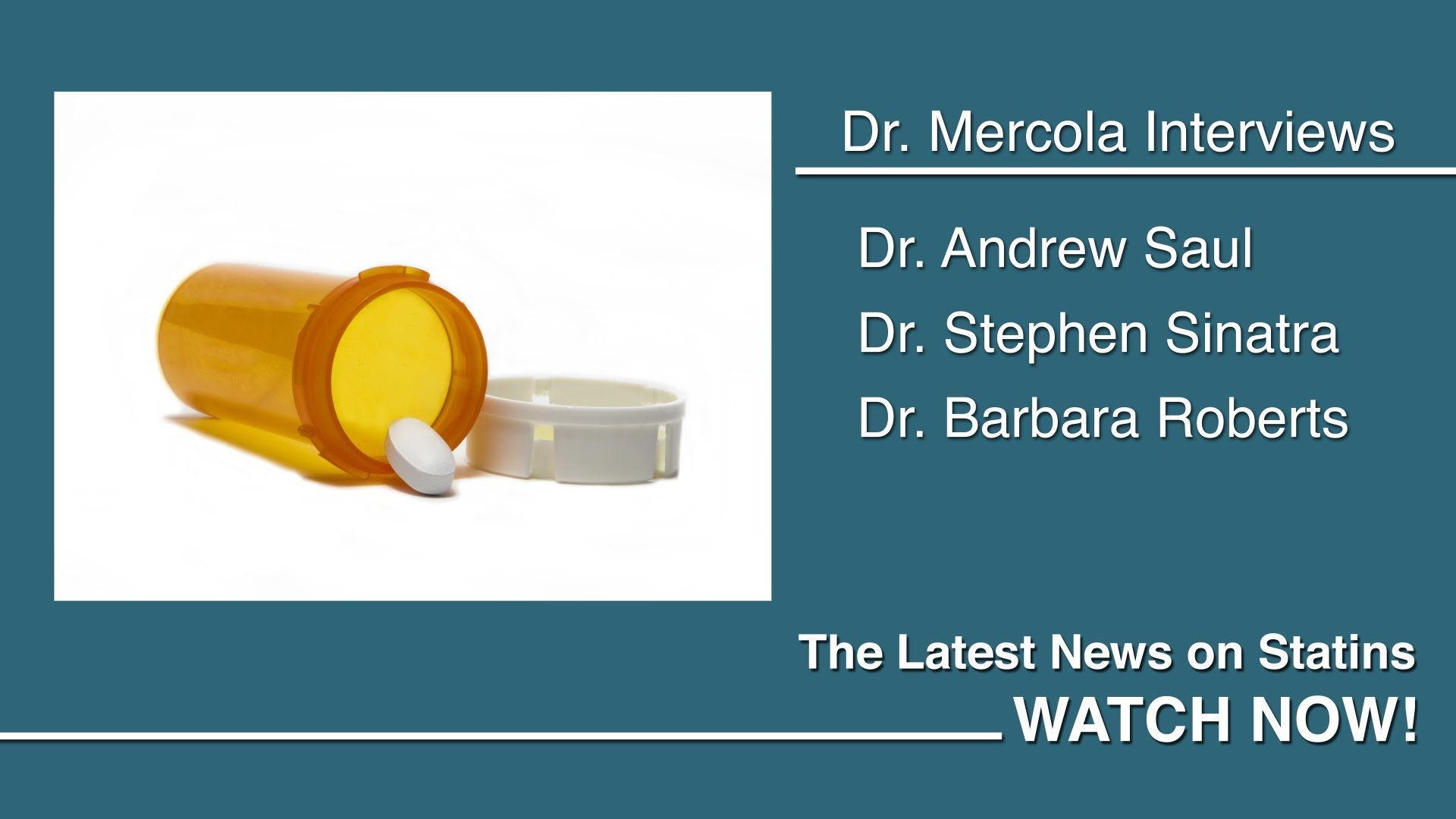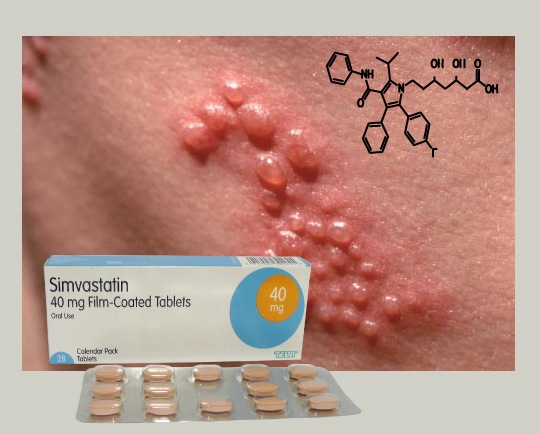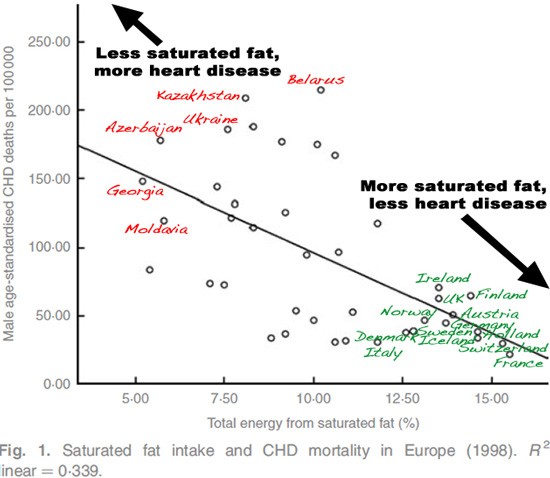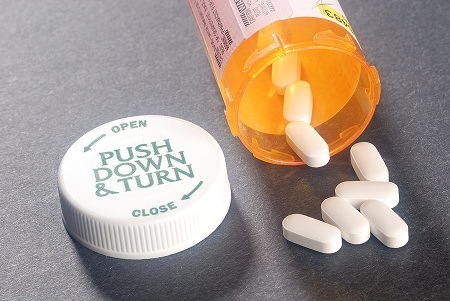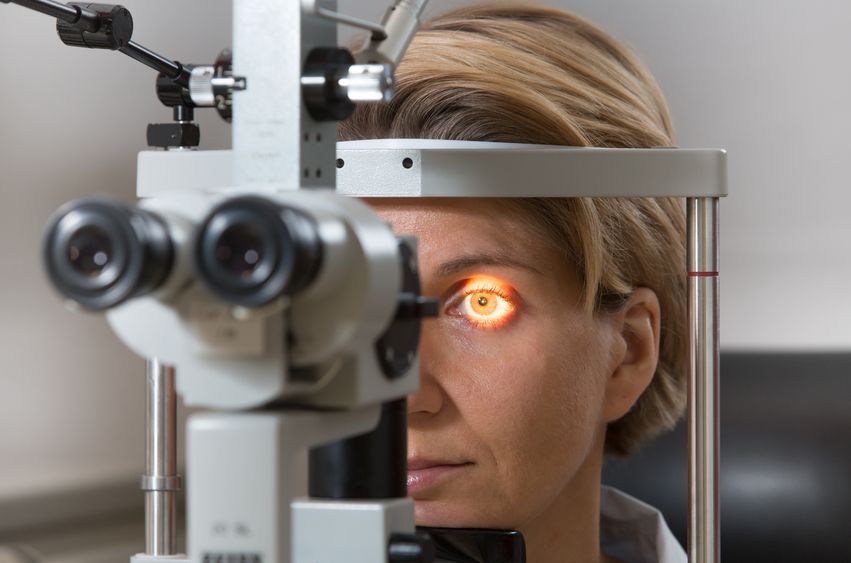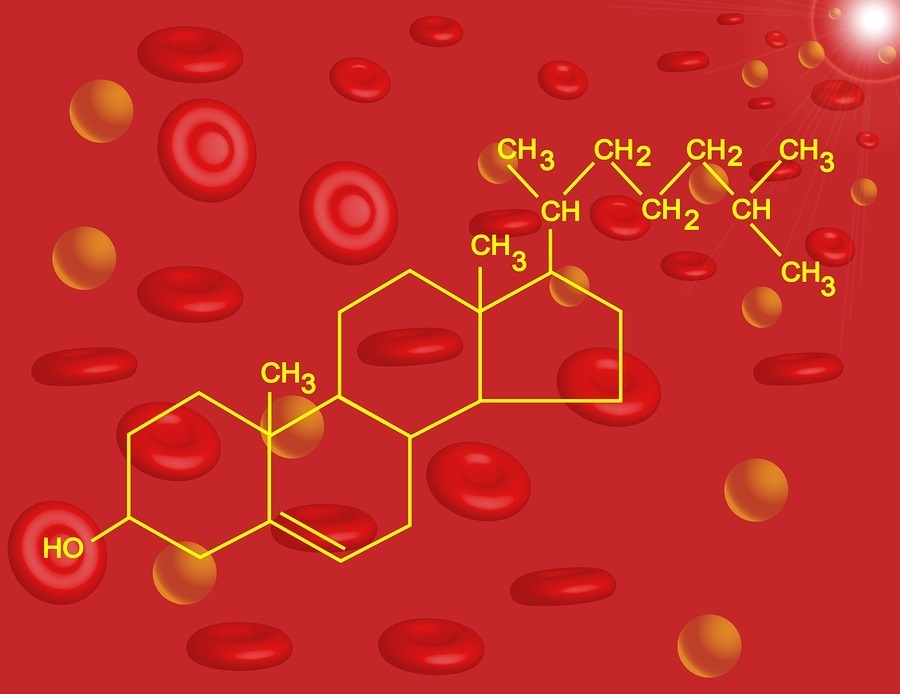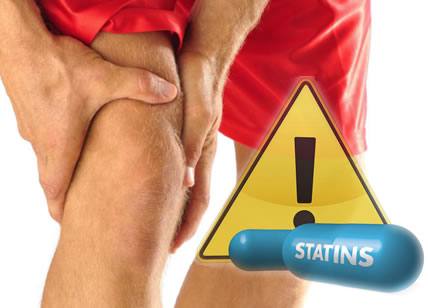LDL “Bad cholesterol” Indicates an Amino Acid Deficiency, 99 Year Old Researcher Says
Fred Kummerow is an emeritus professor of comparative biosciences at the University of Illinois, and at 99 years of age, he is still conducting and publishing research. For over 60 years Professor Kummerow has warned about the dangers of trans fats, even suing the FDA for not removing the GRAS (generally recognized as safe) status on them years after most other countries had banned them. Professor Kummerow has also battled against the standard thinking regarding cholesterol, stating that dietary cholesterol is good for your heart and that there are other factors that contribute to heart disease. In a paper published in 2013 in the American Journal of Cardiovascular Disease, he explained once again that oxidized lipids (and oxidized cholesterol), as is found in overheated polyunsaturated oils like corn and soy, are leading contributing factors to heart disease. In 2014, Professor Kummerow was still going strong at age 99, and has just published a new paper showing that LDL cholesterol is simply a marker for an amino acid deficiency and not the cause of heart disease at all.




